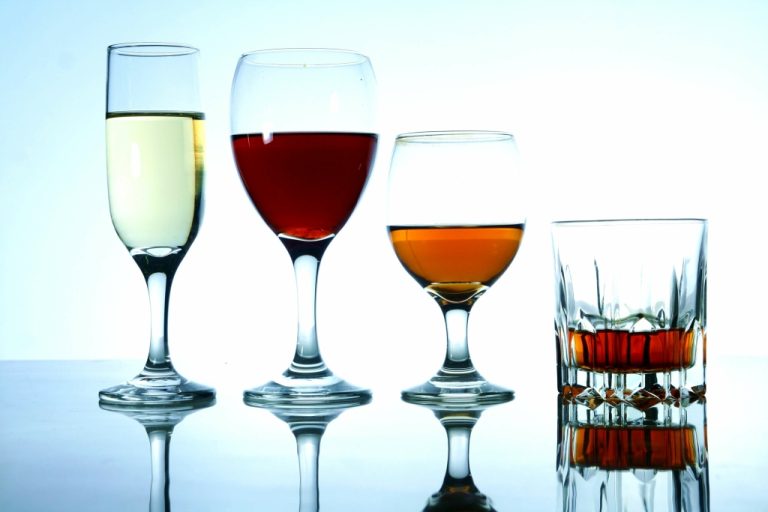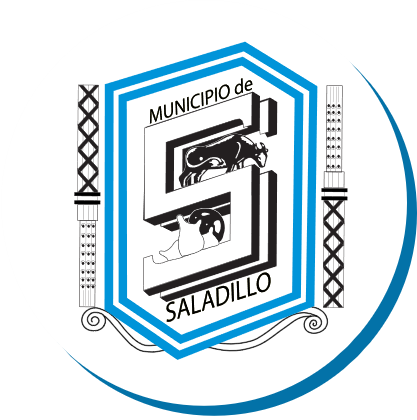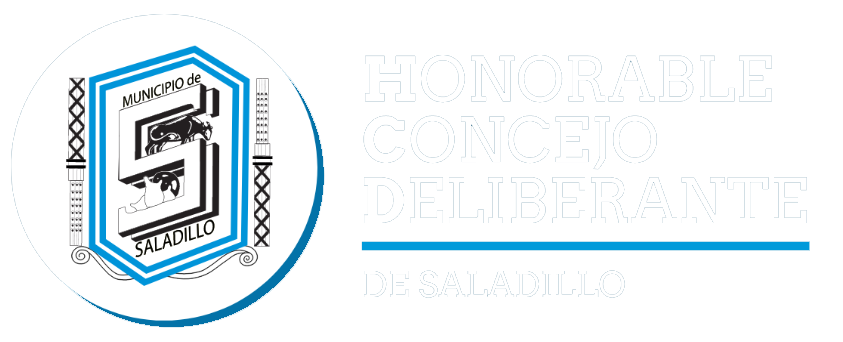Stopping alcohol use abruptly is the riskiest way to quit drinking. If you feel physical cravings or withdrawal symptomswhen you quit drinking, you shouldn’t try to stop cold turkey. They help individuals modify their attitudes and behaviors towards drug use, enabling them to manage stress and triggers that may lead to relapse. These therapies can also improve the effectiveness of medications and support individuals in remaining in treatment for longer periods. These groups can help reduce feelings of loneliness and isolation, common triggers for relapse. The shared experiences within these groups provide a sense of community and understanding that can be incredibly beneficial in the recovery process.
How Our New Hampshire Men’s Rehab Transformed Lives
When you’re working to quit drinking, writing can help you come to terms with and realize things about your relationship with alcohol that you didn’t know before. Simply being here, reading tips on how to quit drinking, considering the possibilities of your future is a positive first step. Let’s get you even closer to finding new hope and life in sobriety.
- Researchers find that taking incremental steps to change behavior often motivates people to eventually choose abstinence.
- If you drink to ease the pain of loneliness, then make a conscious effort to connect with others.
Understanding Relapse: Key Statistics and What They Mean for Recovery
Recovery from AUD is marked by stages of abstinence, withdrawal, repair, and growth. While the process may take several years, the outcome is a happier, healthier life where you have the freedom to fulfill your full potential. The challenge of this stage is to essentially develop and maintain healthy life skills that will serve you for a lifetime. An exciting part of this period is that it can lead you to a happier life full of welcomed change and constant improvement. So far, there’s no consensus on the medical definition of recovery in alcohol treatment literature. Recovery from alcohol addiction generally follows the stages of abstinence, withdrawal, repair, and growth.
Identify Your Triggers
- This practice fosters self-awareness and accountability, helping to identify triggers and times when cravings are strongest.
- Engaging in self-care promotes a healthy lifestyle, reduces stress, and improves overall well-being, ultimately helping to prevent relapse.
- People often need to address past trauma or familial issues during this time.
- Certain medications have been shown to effectively help people stop or reduce their drinking and avoid a return to drinking.
Writing down your problems is an important step in quitting alcohol as it allows you to confront the underlying issues that drive alcohol use. By identifying personal challenges, such as stress, trauma, or relationship difficulties, you gain insight into the root causes of your addiction. This process assists you to develop strategies for managing these problems without resorting to alcohol. Quitting alcohol yields numerous health benefits, covering minimized risk of liver disease, boosted cardiovascular health, and better mental well-being. Between 60% and 90% of individuals who consume over 60 grams (2.11 ounces) of alcohol daily derive hepatic steatosis.
No content on this site, regardless of date, should ever be used as a substitute for direct medical advice from your doctor or other qualified clinician. To the best of our knowledge, all content is accurate as of the date posted, though offers contained herein may no longer be available. The opinions expressed are the author’s alone and have not been provided, approved or otherwise endorsed by our advertisers. Remind yourself of why you want to cut back, talk to a friend about it and distract yourself with a hobby or exercise, the NIAAA suggests. You might reach for alcohol when you’re really just thirsty, says Crews. Drink a cup of soothing tea or a tall glass of water before you imbibe—once your thirst is quenched, you may not feel the need for as much—or any—alcohol.

Alcohol withdrawal can have dangerous effects
Physical activities may help curb urges to drink and improve a person’s mood so they are less likely to consume alcohol in the first place. Replacing alcohol with healthy activities that do not encourage drinking can be a healthy Sober living home alternative. You can show the diary to a doctor or healthcare professional to help you maintain sobriety, especially if you’re having difficulties.
Steps
But anti-craving medications like naltrexone are starting to change this, by blocking the endorphin rush from alcohol and helping rewire a person’s reward system. The result is that moderate drinking really is an option for some people. Finally, not every problem drinker needs to quit completely, or attend an “abstinence only” rehab center. Some people find it easier to stick to healthy habits if they are able to have a beer or two on occasion. how to overcome alcoholism This eliminates the tension around “relapse” and makes them feel less socially isolated.
When Is It Time for Treatment?

Eventually, you will have to deal with cravings, so you should always plan for them. The urge to drink can be triggered by various things like anxiety, pain, or even situations. Even drinking moderately can sometimes leave you feeling unwell, groggy, or hungover. If you want to quit drinking, you can try following these steps. Inpatient and outpatient treatment facilities are another effective place to surround yourself with people who will walk you through detox and recovery with no judgment. Because substance use disorder is a complex disease, you likely have more than one trigger.
Asking for Support
Work events, celebrations, family gatherings, and the like can all bring you into contact with people who don’t know you are sober yet, and who may pressure you to drink. It’s important to have some good excuses handy for these situations, some strategies for deflecting attention, https://stage.romiapothecary.com/journal/from-rehab-to-i-do-the-truth-about-marriages-after-2/ and even an exit plan. Once you’ve gone through detox, despite having overcome physical dependency on alcohol, it’s still common to experience strong cravings. You may find yourself suddenly thinking about alcohol, or having a strong urge to go for a drink. For those who quit cold turkey (i.e., abruptly), some medications can help manage withdrawal symptoms.
A smart recovery strategy is to completely embrace a new identity as a person that does not drink. The best relapse prevention is staying busy, staying away from old drinking environments, and making sober friends. If you do drink, do everything in your power to avoid a heavy binge. This is where it becomes essential to think of the progress you made. While admitting that you have a problem is the first step in many recovery programs, part of that process is realizing that you’re afraid. You might be afraid of what happens if you keep drinking, but you’re more afraid of what happens when you stop.

